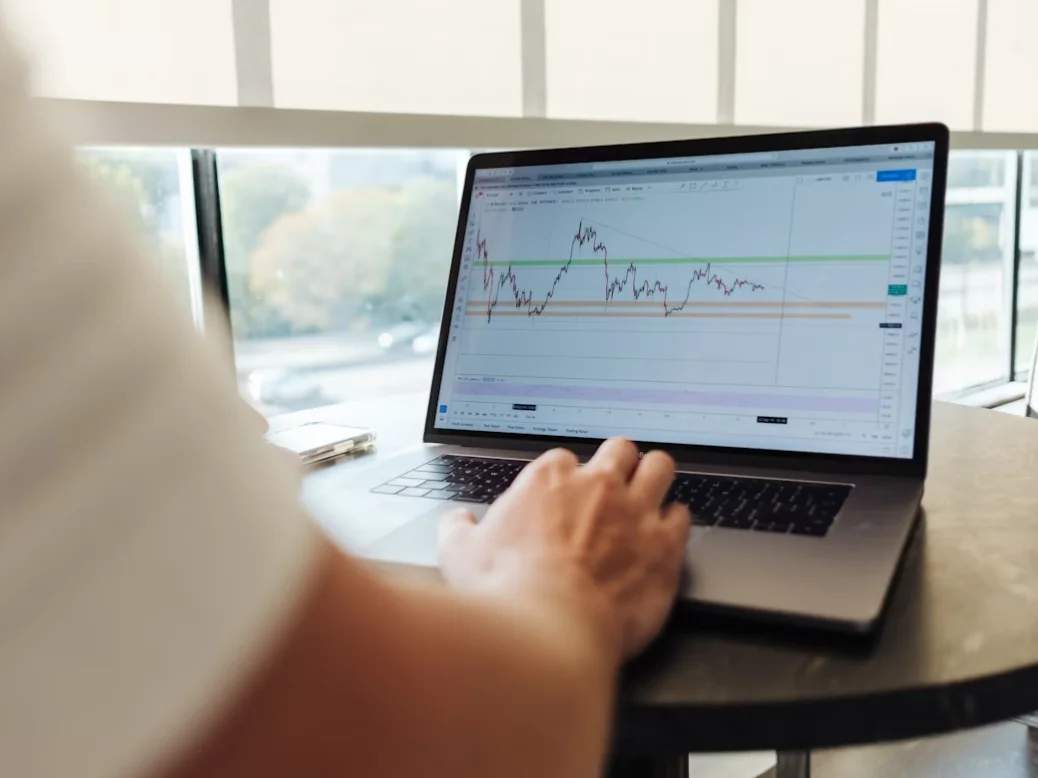Day Trading can be exciting and a bit tough, attracting many people who want to make quick money and enjoy being their own boss. But before you start, it’s important to understand the Pros and Cons of Day Trading.
This article will walk you through the pros and cons of Day Trading so you can decide if it suits your financial goals and your comfort with risks.
What is Day Trading?
Day Trading involves buying and selling financial items, like stocks or currencies, within the same day. Traders try to make money from small price changes and often use a lot of money to increase their gains. This is common with stocks, forex (foreign exchange), commodities, and cryptocurrencies. Forex Day Trading is popular because it focuses on quick gains, quick decisions, and keeping an eye on the market all the time.
To succeed in Day Trading, you need to understand market trends, analyze data, and act fast on new opportunities. It’s fast-paced, which can be both challenging and exciting, especially for those who work well under pressure. Using a good trading platform helps you track trends and make trades quickly. With the right tools and knowledge, you can boost your chances of success.
Pros and Cons of Day Trading as Follows:
Pros of Day Trading
Day Trading might seem risky, but it has its benefits, especially if you know how to use good indicators to make smart choices. Here are some reasons why Day Trading can be good:
1. Chance for Big Profits
When done right, Day Trading can lead to large profits. Even small changes in price can result in big returns. Skilled traders who can reliably predict market moves may gain a lot of money.
2. Freedom and Flexibility
One of the best things about Day Trading is the freedom it gives you. You can work from anywhere with an internet connection, set your own hours, and create your own strategies. This is attractive for those wanting to leave a traditional 9-to-5 job.
3. Quick Decision-Making
Day Trading hones your ability to make rapid decisions since you need to analyze market conditions quickly. This fast-paced setting can be stimulating and rewarding for those who thrive on pressure.
4. Limited Risks at Day-End
Since trades are closed by the end of the day, you don’t have to worry about sudden overnight changes affecting your trades. This gives you more control over your investments.
5. Easier Buying and Selling
In active markets, there are always people buying and selling, which makes it easier to enter and exit trades. Thanks to technology and online platforms, Day Trading has become more accessible.
6. Quick Feedback
Day Trading lets you see the results of your strategies right away. You can learn quickly from your mistakes and improve your trading skills faster.
Cons of Day Trading
However, with the potential for high rewards comes high risk. Here are some downsides to consider before starting:
1. High Risk of Losses
The high potential for returns also means there's a high risk of losing money. Day Trading is known for being risky, and even experienced traders can face significant losses if conditions aren’t right or if they make bad decisions.
2. Time and Dedication Needed
Day Trading is like a full-time job and takes a lot of time and commitment. Successful traders spend many hours analyzing markets, creating strategies, and watching their trades, requiring a lot of effort.
3. Emotional Stress
The pressure of trading can be hard to handle. Making quick decisions, worrying about losses, and feeling excited about gains can create a lot of emotional ups and downs. Managing your feelings is important for long-term success.
4. Costs and Fees
Frequent trading means you’ll face transaction costs and fees. These can add up quickly and reduce your profits, so it’s important to think about these costs in your trading plans.
5. Addiction Risk
The excitement of Day Trading can become addictive, leading to unhealthy trading habits. This can lead to poor decisions and financial losses. It’s important to keep a balanced approach to prevent trading from harming your finances and mental health.
6. Need for Constant Research
To succeed, you must stay updated with market trends, news, and economic indicators. This can be time-consuming and difficult to manage.
Conclusion
This article helps you understand the pros and cons of Day Trading. While the potential for big profits and independence can be appealing, it’s important to consider the high risks, emotional stress, and commitment required. By weighing these factors, you can decide if Day Trading is the right fit for your financial goals.















